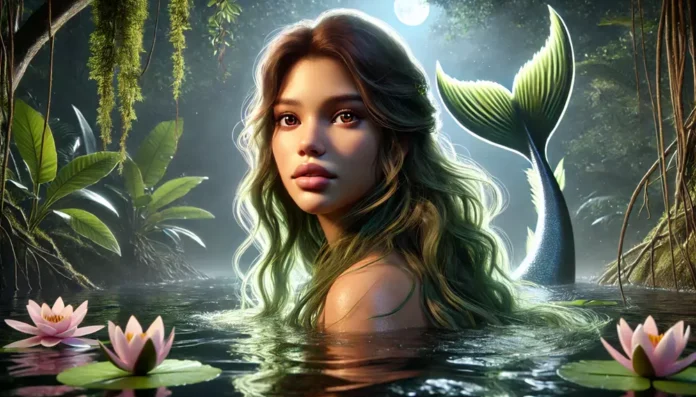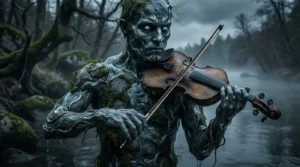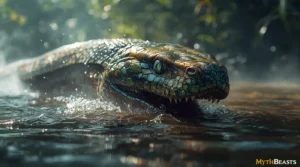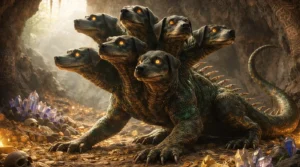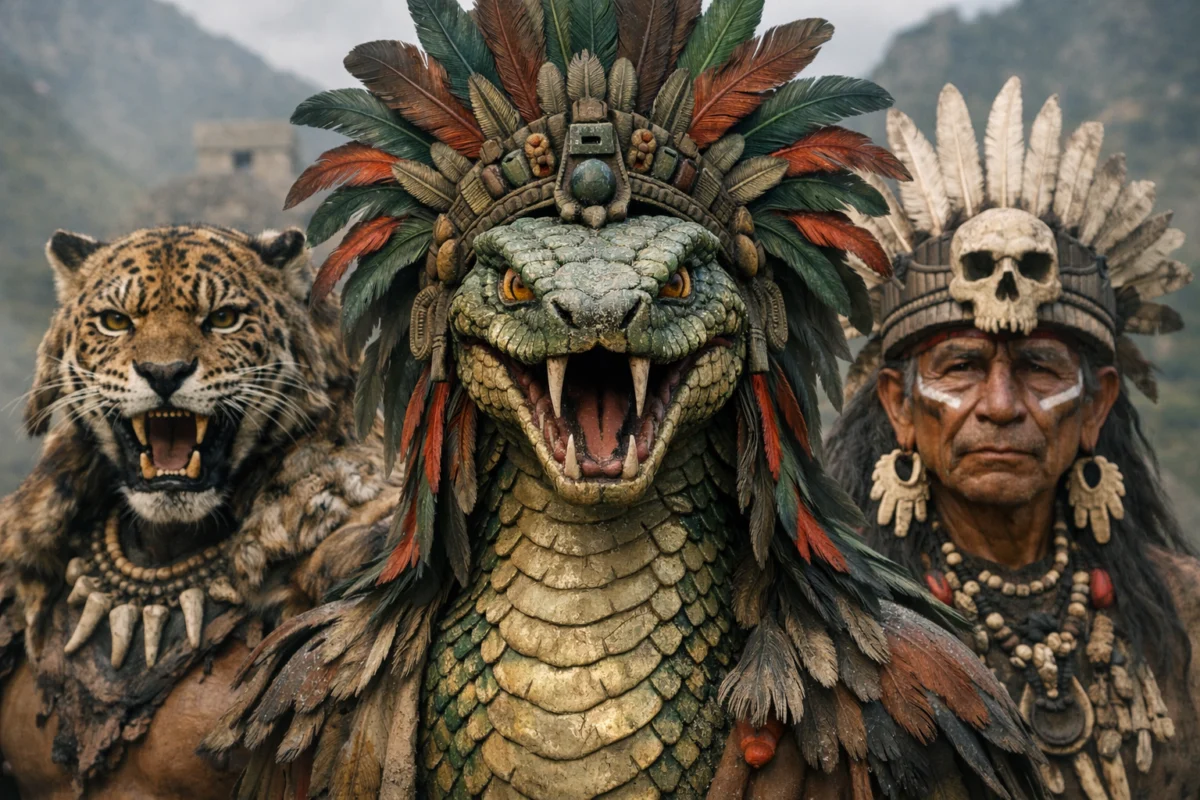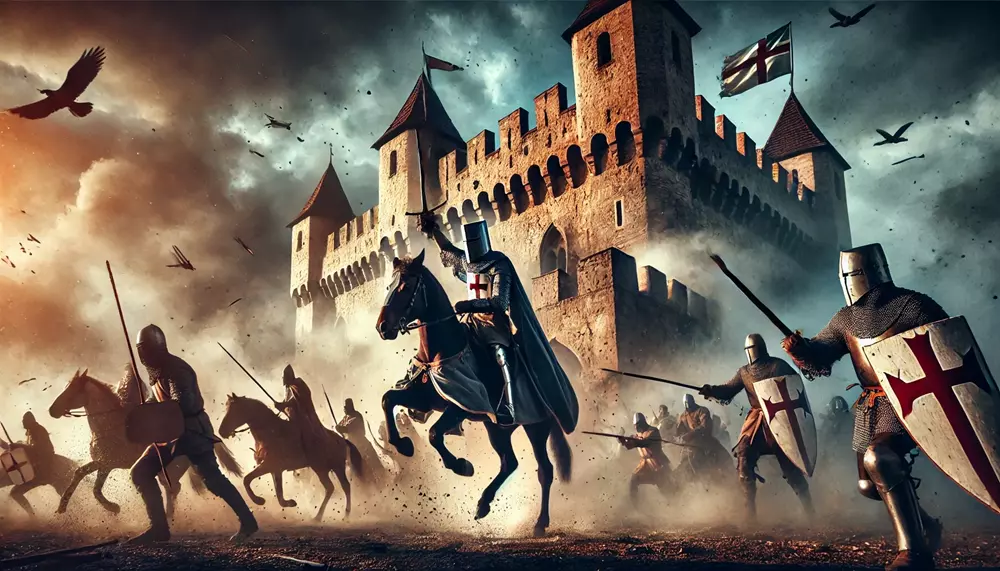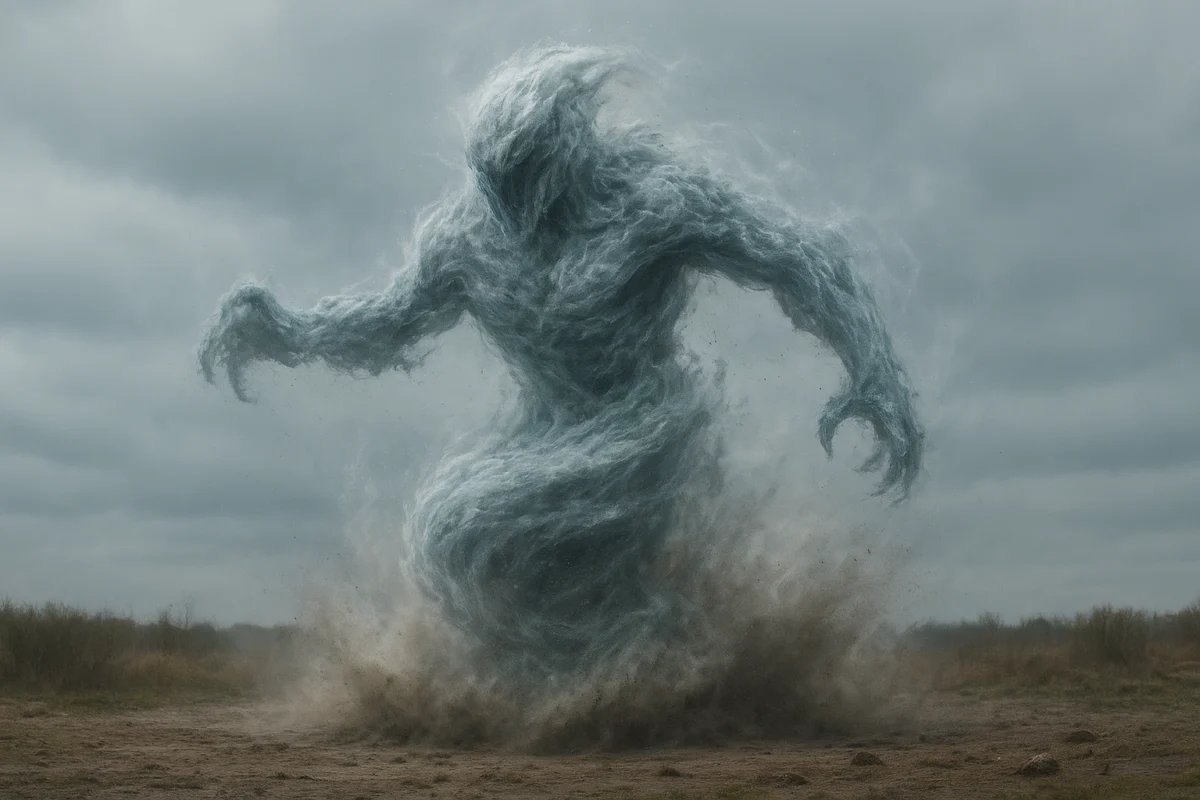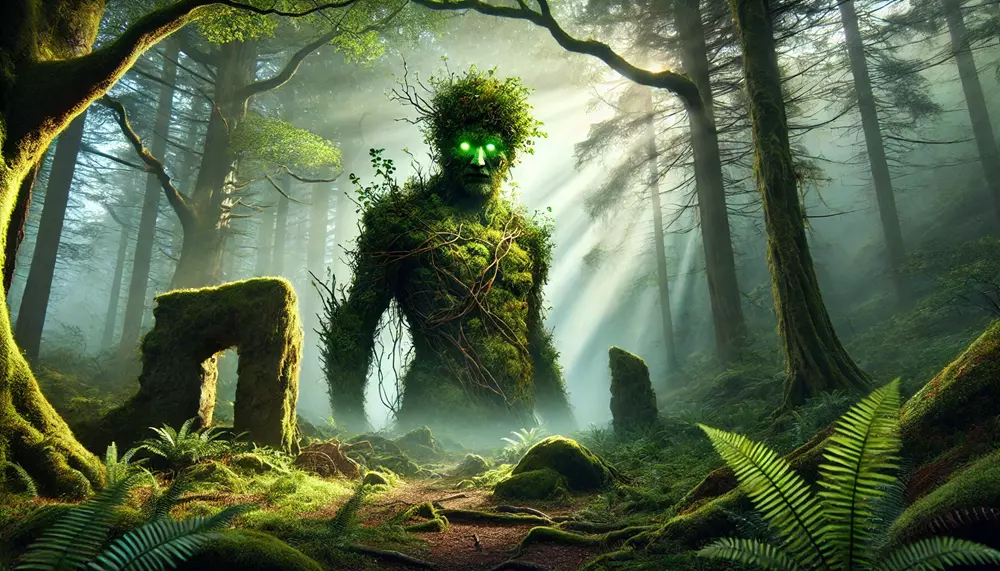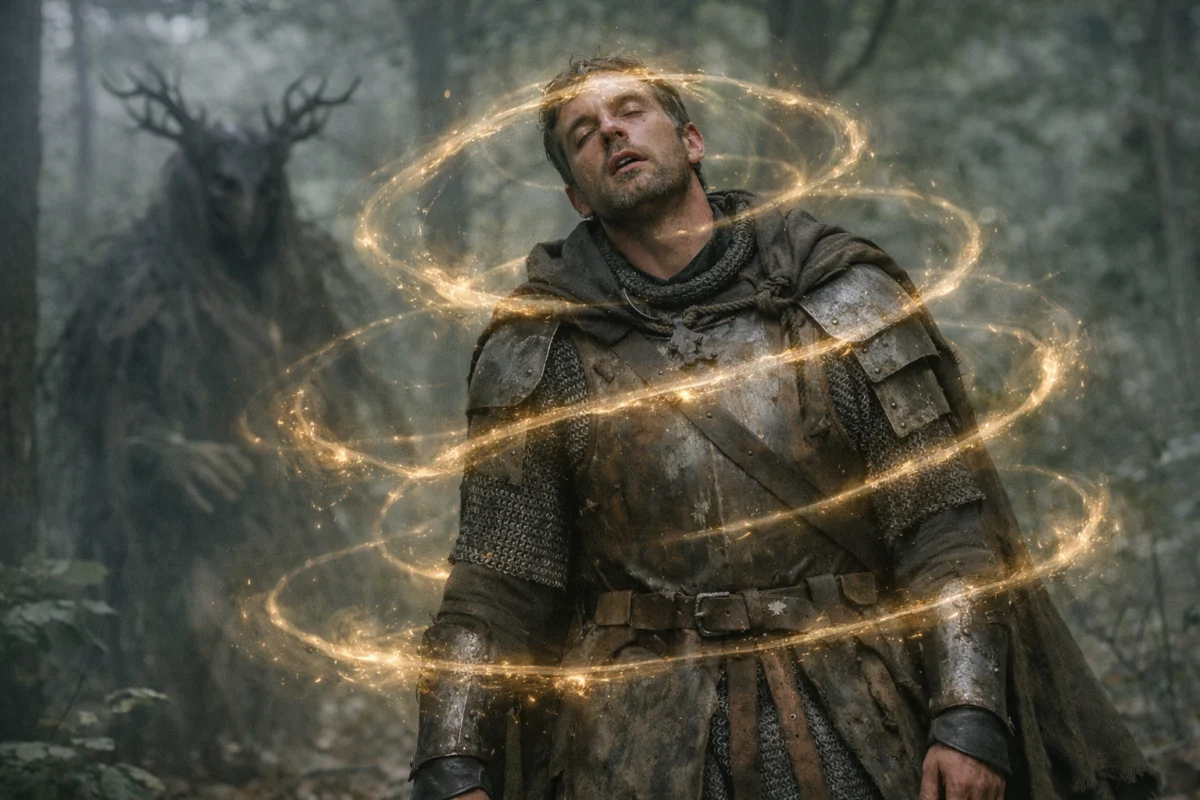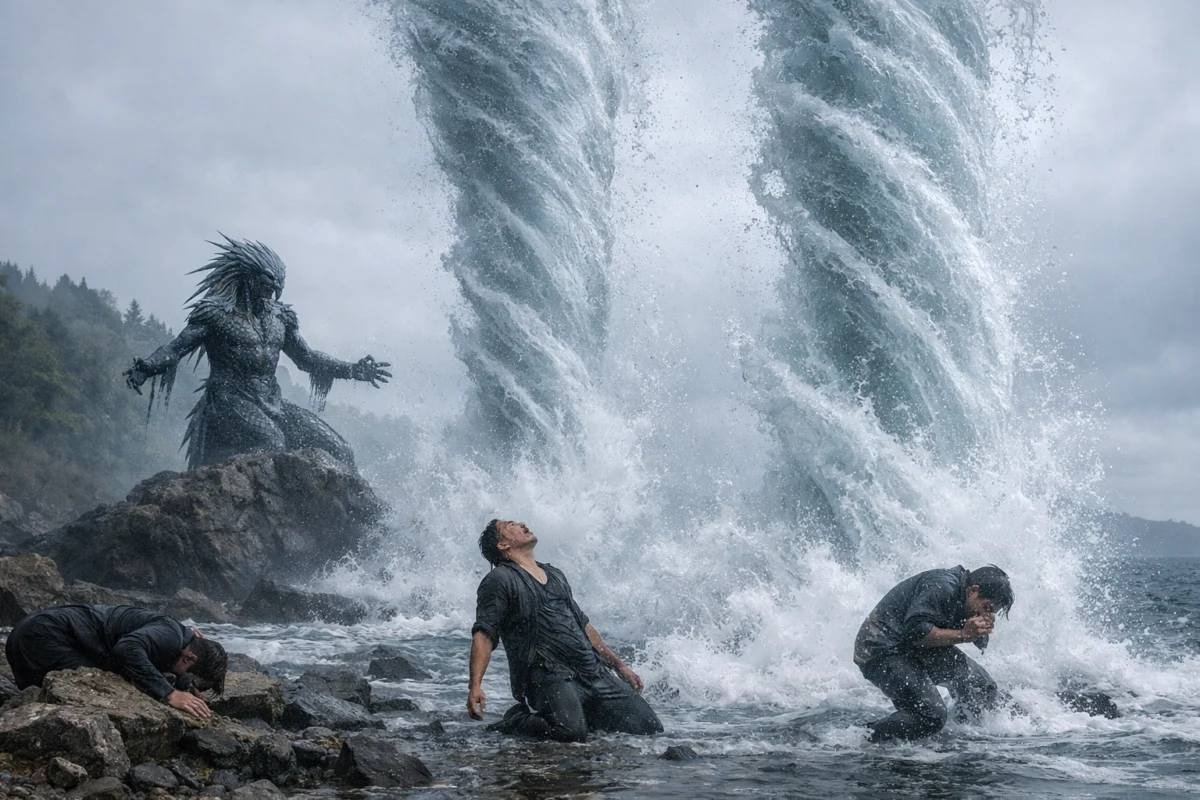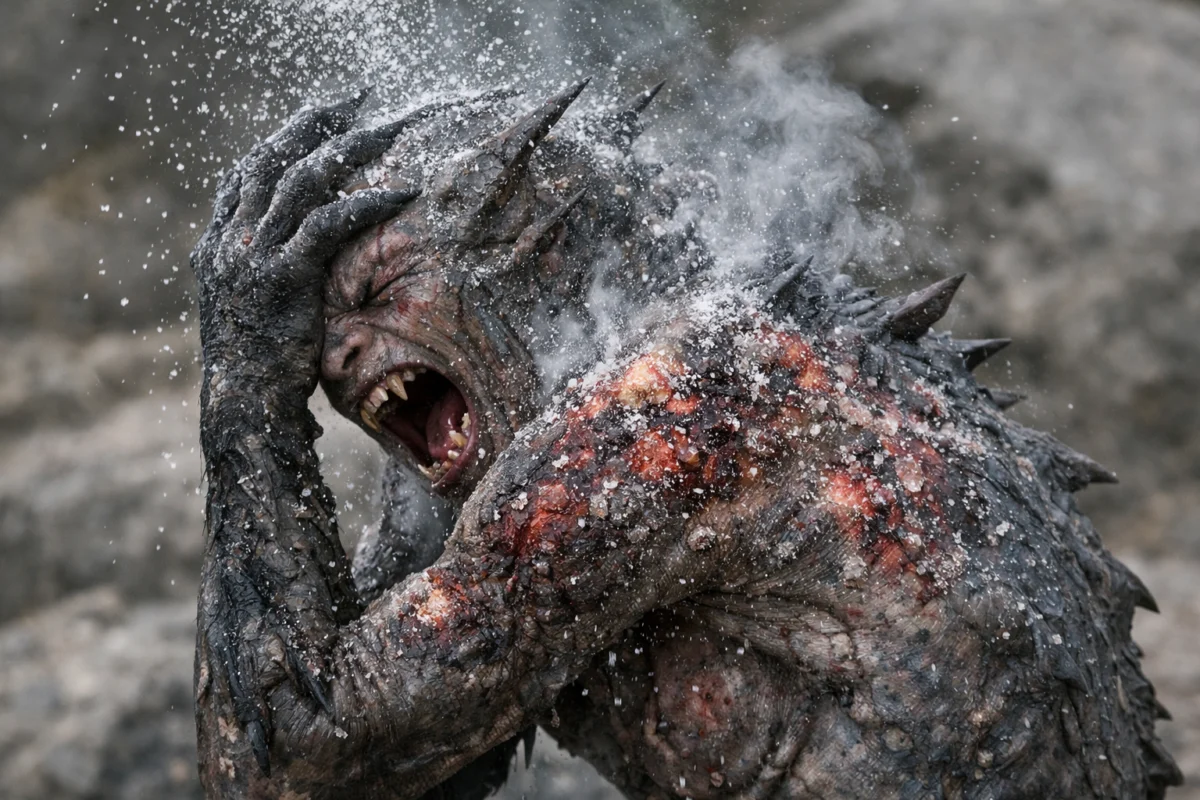Introduction
The legend of Iara, the mystical water nymph from Brazilian folklore, tells of an enchanting yet dangerous creature lurking within the Amazon River. Known for her beauty and siren-like allure, Iara can captivate the hearts and minds of those who venture too close to her waters.
With long flowing hair and mesmerizing songs, she lures men into the river depths, blurring the line between enchantress and protector.
Often seen as both a warning and a reminder of the Amazon’s power, Iara remains a cultural icon in Brazil. Her legend inspires caution around rivers and lakes, symbolizing nature’s wild, untamable spirit.
“Iara’s voice flows with the river, a song no man can resist, calling him into the waters where only silence awaits.”
History/Origin
The origins of Iara’s legend stretch back to pre-colonial times, rooted in the beliefs of the indigenous Tupi and Guarani tribes of Brazil. As a water spirit or guardian, she symbolized the balance between humanity and nature, and her story was shared as a reminder of the dangers posed by the river’s depths.
Over time, with the arrival of Portuguese colonizers, the Iara legend evolved, blending indigenous beliefs with European mermaid lore.
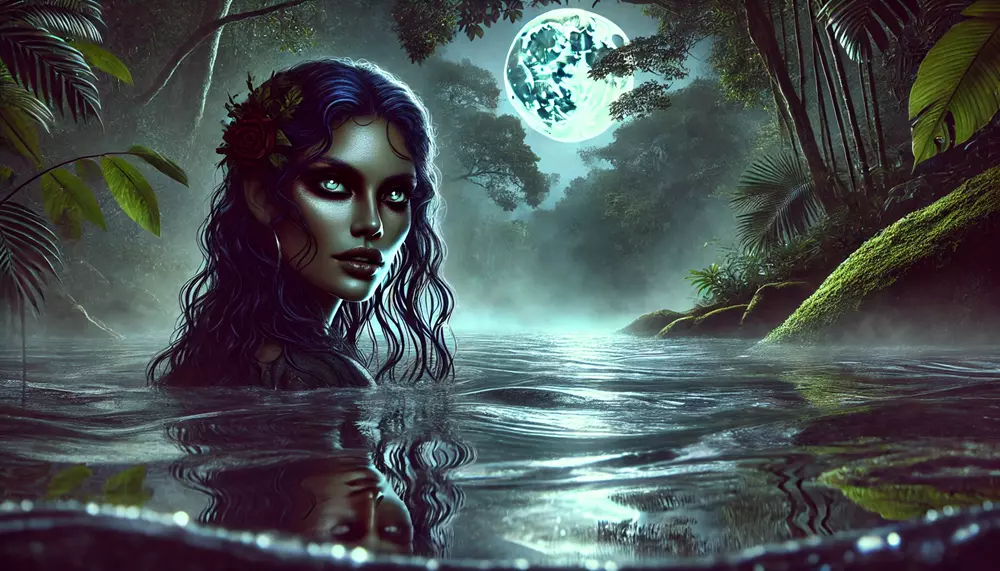
This mix of cultures created a uniquely Brazilian creature who both attracts and repels, embodying the dual nature of the Amazon River itself.
“She is both river and life, yet beware, for her embrace is the last.”
Name Meaning
The name “Iara” derives from the indigenous Tupi language, meaning “lady of the water” or “mother of waters.” This title perfectly captures her role as both the spirit of the river and its guardian.
“Iara” has also been written as “Yara,” though both names convey the same essence. Her title reflects not only her connection to the river but also her dual nature as both a protector and a temptress.
Known as the “Mother of Waters,” Iara embodies the nurturing and destructive qualities of water, a force that provides life but also commands respect.
Background Story
One of the most popular tales about Iara describes her as a beautiful indigenous woman with enchanting powers. In this version, Iara was once a warrior skilled in hunting and combat, admired by her people.
Jealousy, however, brewed among her brothers, who plotted against her. When they attempted to kill her, Iara defended herself and fled to the depths of the Amazon.
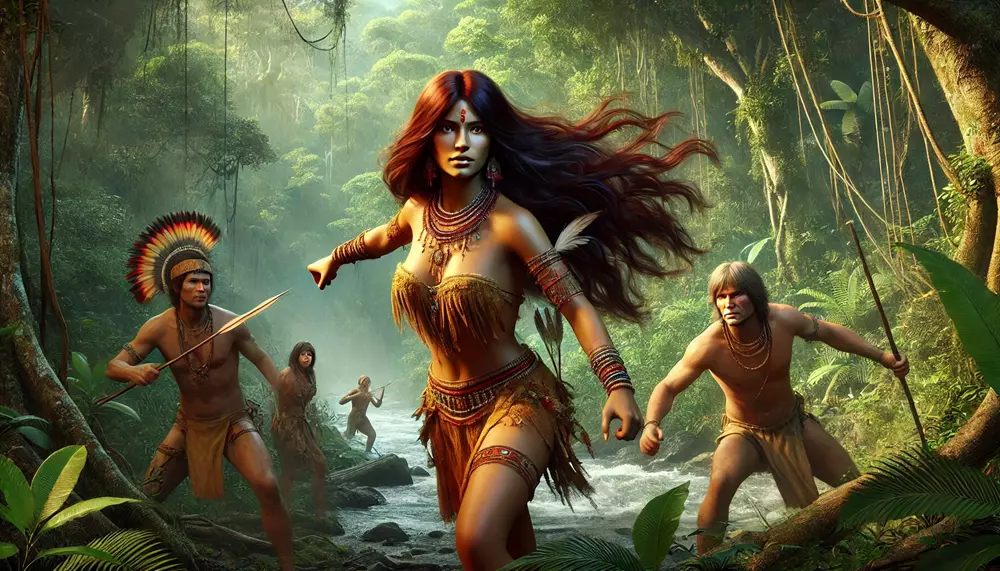
Transformed into a nymph by the river’s spirit, she became an immortal being, haunting the waters and luring men with her haunting beauty and songs. Stories say that those who succumb to her voice vanish forever into the depths.
“In the river’s heart lies a beauty that can kill; her song is sweeter than life, yet it ends in silence.”
Cultural Impact
Iara holds a special place in Brazilian folklore and is celebrated as part of the country’s unique mythological heritage. Her story has become a staple of local storytelling, often shared during festivals, folklore events, and among families by the river.
Statues and artwork depict Iara as a captivating woman, embodying Brazil’s deep connection to water. Schools and educational programs often include her legend to teach children about respecting nature and understanding the power of the Amazon.
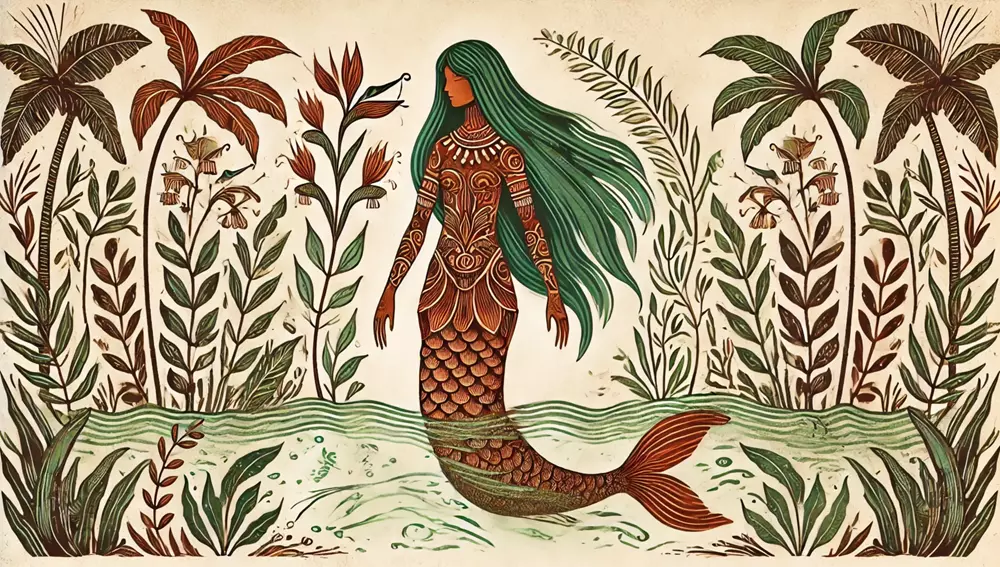
Over the years, Iara has become a cultural icon, representing Brazil’s rich blend of indigenous and colonial myths.
Similar Beasts
La Llorona (Mexico)
La Llorona is a ghostly woman bound to rivers, eternally crying for her drowned children. Like Iara, she appears near water and lures the unwary, though her origin is rooted in tragedy and curse rather than seduction.
Sirens (Greek Mythology)
The Sirens, famous from Homer’s Odyssey, sang to sailors, leading them to destruction. Their enchanting voices mirror Iara’s song, both embodying the peril of irresistible sound near the water.

Mami Wata (West and Central Africa)
Mami Wata spirits are water deities appearing as women of great beauty. They tempt humans with wealth or love, but contact often brings misfortune.
Like Iara, they highlight the dangerous allure of rivers and seas.
Rusalka (Slavic Folklore)
Rusalki are water spirits of young women who died tragically, often by drowning. They lure men to watery deaths, resembling Iara’s role as both enchanting and deadly.
Their link to sorrow ties them to La Llorona as well.
Melusine (European Folklore)
Melusine is a water spirit depicted as half-woman, half-serpent or fish. She appears as a beautiful maiden but transforms when seen bathing.
Like Iara, she embodies beauty masking danger, with strong ties to rivers and family tragedy.
Religion/Ritual
While Iara herself is not directly worshipped as a deity, her story holds spiritual significance within indigenous cultures and is respected within Brazilian folklore. Fishermen and travelers often perform small rituals or make symbolic offerings to appease water spirits, seeking safe passage.
In some communities, children are told Iara’s story as a cautionary tale, reminding them to respect the Amazon and avoid disrespecting the river. Although she is not part of organized religion, Iara embodies the spiritual essence of water, a sacred element in many indigenous belief systems across Brazil.
Scientific or Rational Explanations
Various theories could explain the origins of Iara’s legend. Some anthropologists believe that Iara may have originated as a cautionary tale to keep people, particularly children, away from the dangers of rivers and strong currents.
The powerful and sometimes dangerous nature of the Amazon River could have easily inspired stories of a supernatural being who guards the waters.
Other scholars suggest that Iara could be a way to personify the river’s beauty and perils, a reminder of its allure and risks. Ultimately, while explanations exist, the mystery surrounding Iara’s origin only adds to her lasting appeal.
Modern Cultural References
Macunaíma (Film, 1969)
In this Brazilian cinematic adaptation of the classic novel, the protagonist meets Iara and, entranced by her beauty, embraces her, unaware she is a deadly river spirit.
The blowhole behind her neck reveals her true nature with fatal consequences.
Invisible City (TV Series, 2021)
Netflix’s supernatural Brazilian thriller features an episode where the protagonist encounters an Iara, who tries to drown him.
He survives, learning she became an Iara after being murdered by her lover, adding tragic depth to the legend.
Source: Invisible City – Official Netflix show site and press materials
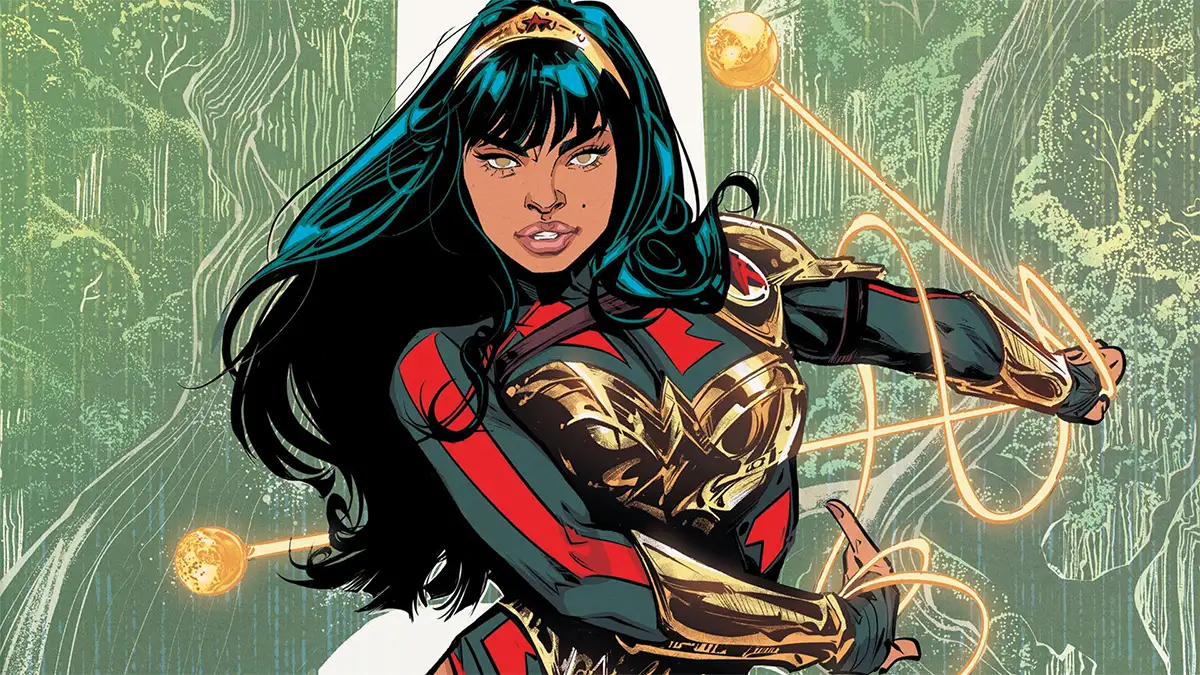
Wonder Girl – Yara Flor (Comic Book, 2021)
In Wonder Girl, DC Comics introduces Yara Flor, whose roots intertwine with Brazilian myth.
The Iara is reimagined as a mighty warrior turned mermaid-like entity who blesses Yara Flor with her weapon, the Golden Boleadoras.
Love, Death & Robots – “Jibaro” Episode (TV, 2022)
In this critically acclaimed animated short, a deaf warrior stumbles upon an Iara whose hypnotic screams seduce his comrades into a trance-like dance, leading them to drown.
The animation reframes Iara as deadly beauty in haunting, surreal imagery.
“Iara Correnteza” (Song, 2019)
Electronic producer iZem blends Brazilian folklore and modern sound in the evocative track “Iara Correnteza.”
The piece offers a sonic homage to Iara’s watery allure, inviting reflection on balance, depth, and mythic presence.
Link: Iara Correnteza – iZem & Josyara – Pan-African Music feature
Underwater Love – Smoke City (Song, 1997)
This trip-hop track by the Anglo-Brazilian band Smoke City carries strong mermaid associations.
Lead singer Nina Miranda, of Brazilian heritage, delivers hypnotic vocals often described as siren-like. The song was popularized through Levi’s “Mermaids” commercial, reinforcing its aquatic and seductive imagery.
While it never mentions Iara directly, critics have called it “Ariel’s sexy Brazilian cousin,” making it a cultural echo of Brazil’s water enchantress.
Conclusion
The tale of Iara, the mesmerizing yet dangerous nymph of the Amazon, remains a powerful symbol in Brazilian folklore. Her story resonates with themes of beauty, mystery, and the unpredictable nature of the Amazon River.
As a guardian of the water and a cautionary figure, Iara reminds us to approach nature with respect and humility.
Her legend endures in Brazil, celebrated in art, literature, and festivals, capturing the allure of the Amazon and warning of its hidden perils. Iara is more than just a myth; she is the spirit of the river, enchanting and untamable, forever guarding her domain.
“In the depths of the Amazon, beauty hides a dark embrace, and the river’s call echoes with Iara’s song.”

